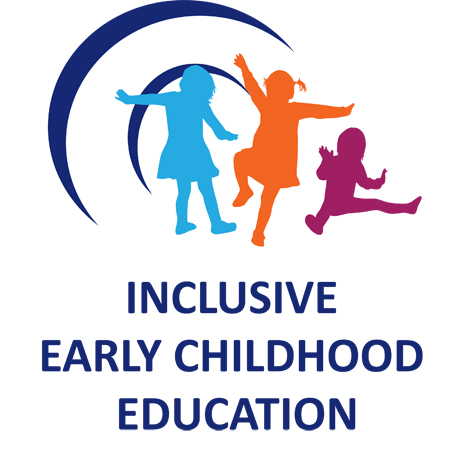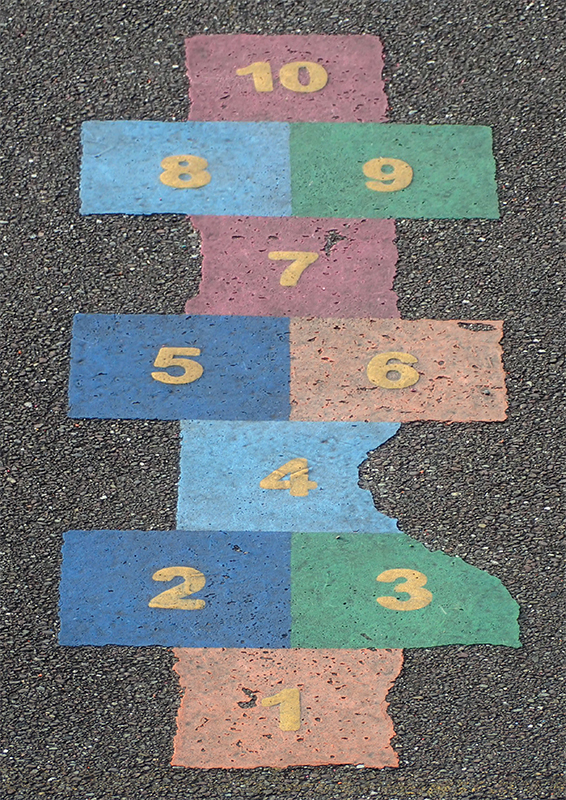A new report has been published as an outcome of the Inclusive Early Childhood Education (IECE) project. This report presents the findings of a qualitative analysis of 32 examples of inclusive practice in early childhood education across Europe. As an outcome of this analysis, a new Ecosystem Model of quality IECE was developed based on the main themes and subthemes identified in the examples.
The Inclusive Early Childhood Education project
The project running between 2015 and 2017 set out to meet the following aim:
- to identify, analyse and subsequently promote the main characteristics of quality inclusive pre-primary education for all pupils from three years old to the start of primary education.
Of the 32 examples received, eight countries were selected for case study visits. These took place in 2016, with the participation of a variety of stakeholders. Participants in the case study visits had the opportunity to see early childhood education activities and an inclusive approach in practice. The project team observed that in an inclusive setting, all children are encouraged to actively participate in daily activities, and the curriculum addresses the holistic development and needs of all children.
Some of the main success factors observed during these case study visits include, among others, the need for:
- clear and common vision on inclusion,
- strong and distributed leadership,
- staff commitment,
- flexible curriculum with an emphasis on both academic and social skills,
- outdoor activities and learning by playing,
- family involvement,
- and co-operation with all stakeholders at local level.
The analysis in the recently published report shines a new light on the major processes in which children are directly involved and which most influence each child’s participation and learning. The ‘Inclusive Early Childhood Education: An analysis of 32 European examples’ report is available for download on the Agency website.
For more information on the outcomes of this project and for the description of all the examples, visit the IECE project web area.

